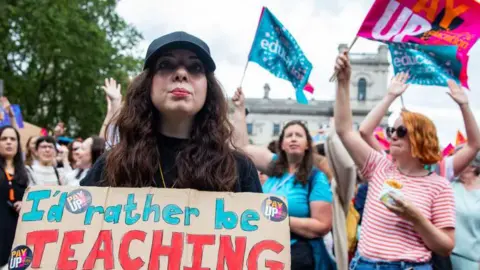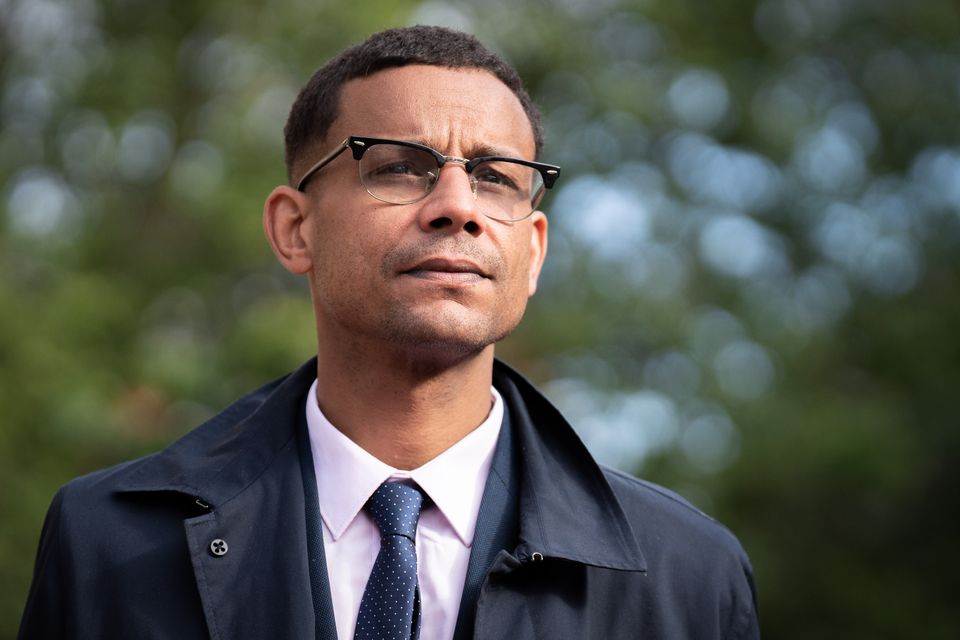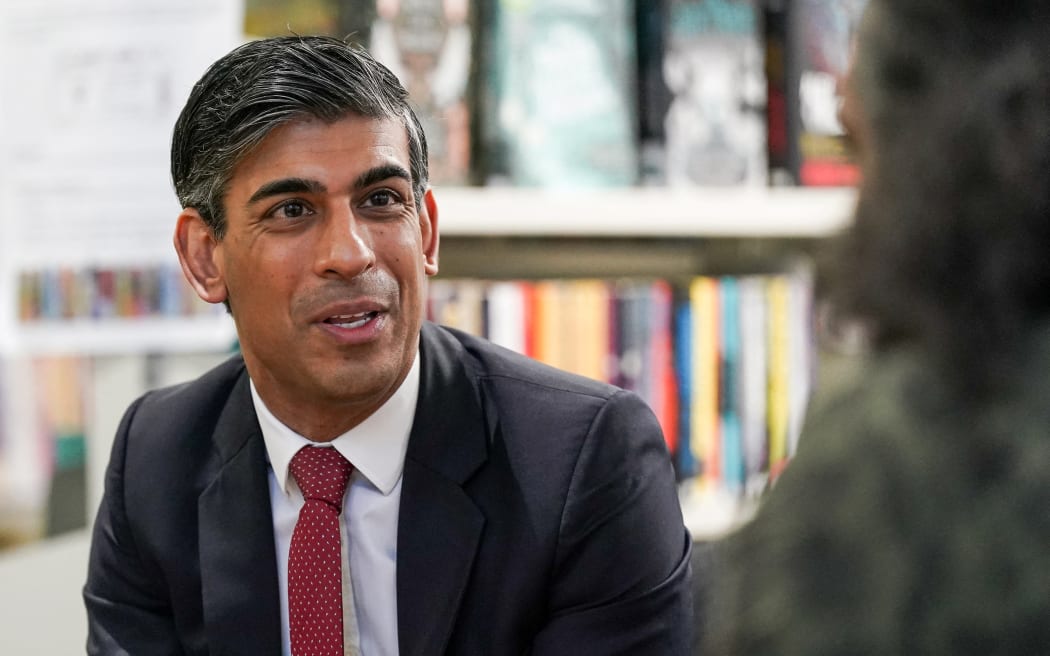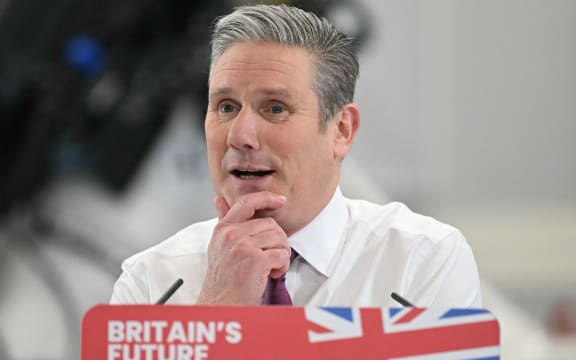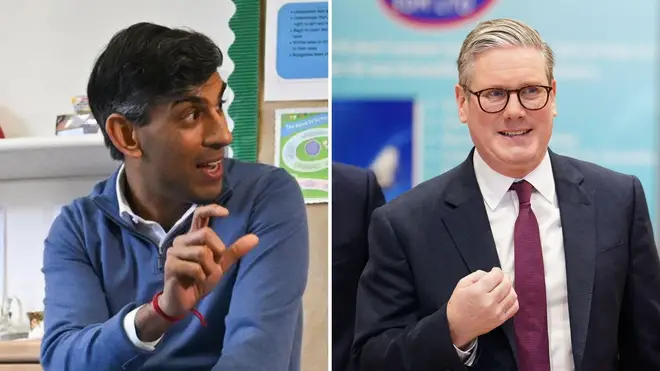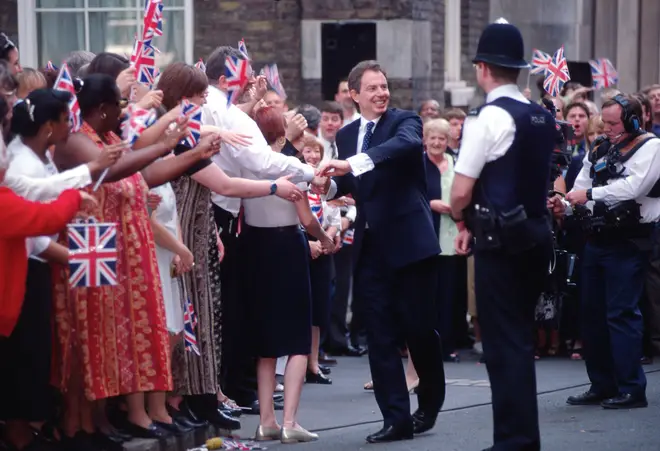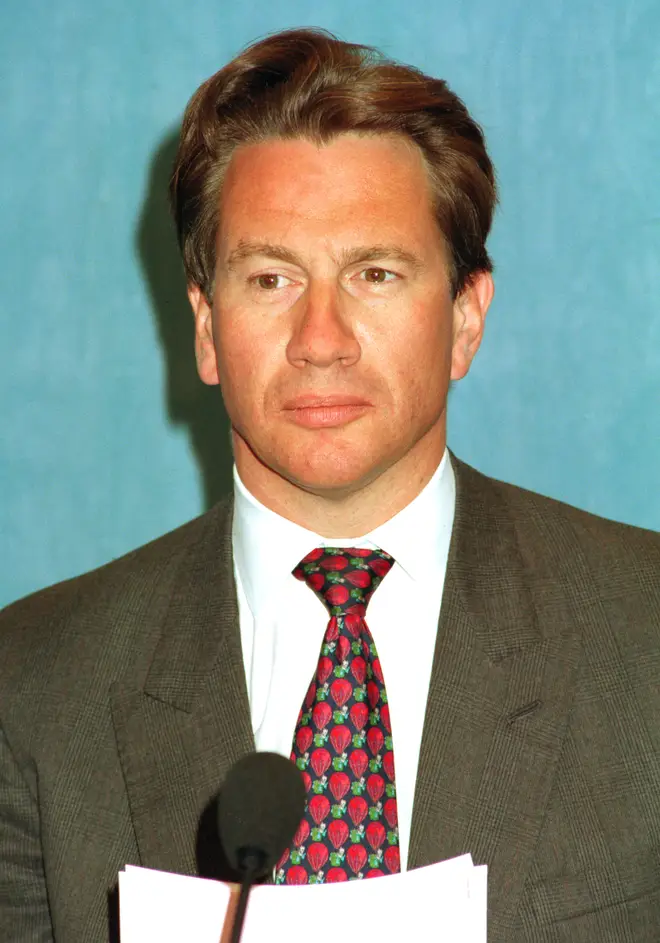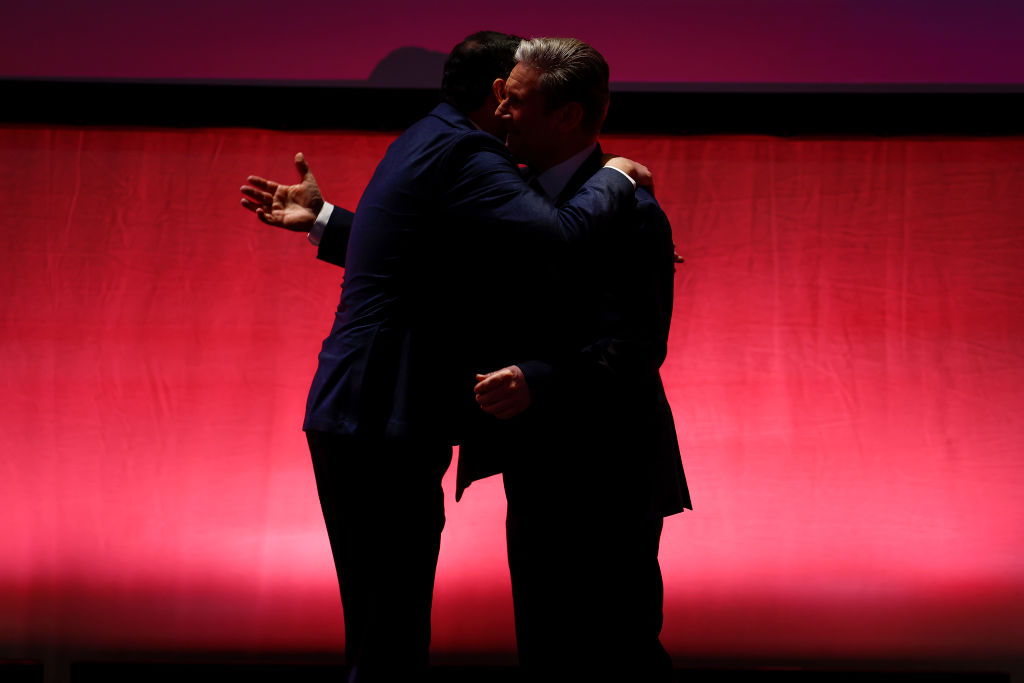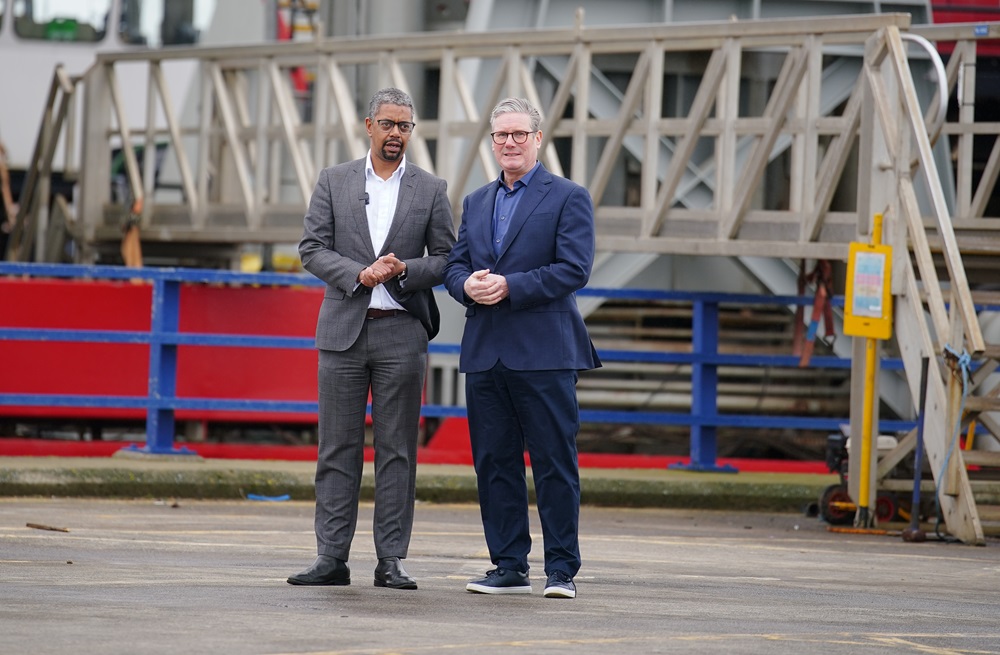Research shows direct link between state income taxes and migration
A new study looks at 110 years of income tax history across the U.S. and notes out-migration by wealthy Americans
After the introduction of the income tax in the United States, there has been a migration of higher income earners toward states with lower or no income tax, a new study reveals.
This first-ever systematic analysis of 110 years of state income tax implementation throughout the United States also highlights the consequences of taxpayers fleeing to low or no-tax states. Published in the American Economic Journal: Economic Policy, the study is titled “The Introduction of the Income Tax, Fiscal Capacity, and Migration: Evidence from U.S. States” and was coauthored by Ugo Antonio Troiano, economist and associate professor at the University of California, Riverside. The analysis looks at pre-World War II and post-World War II personal income tax impacts.
The state-level tax policies from 1900 to 2010 examined in the paper reveal that income tax adopting states increased revenue per capita by 12% to 17%, but that increase does not correspond to an increase in total revenues for the government in monetary terms. This is because the introduction of income tax in the post-World War II era led to out-migration by wealthy Americans.
“Personal income tax means a tax upon labor income, first introduced for the purpose of redistribution of wealth,” said Troiano, whose expertise includes politics and economics. “The idea was to provide services to poorer parts of the population and reduce inequality between low-income and high-income residents.”
According to study results, implementing higher taxes was not well accepted by many wealthy Americans — their higher income allows them to be more mobile, and therefore able to seek new residency in states with lower personal income tax or no tax.
Historically, mobility in the U.S. has been higher compared to European countries, mainly because people here speak the same language, making it easier to settle in a new city, Troiano said. The analysis also showed that out-migration began to slow down in the 1980s.
Income taxes are important for states because they allow governments to increase revenue per capita, but pre-World War II, these tax policies came with waves of legal court challenges. Pennsylvania, for example, attempted to amend the state constitution eight times. Other states such as Indiana and Washington also tried, but all failed. To date, six states: Texas, Florida, Nevada, Washington State, Wyoming, and South Dakota, have never introduced permanent individual income tax.
California introduced the personal income tax in 1935, it was one of 18 states that implemented the tax between 1930 and 1940.
“In New Mexico, the legislature repealed its first income tax law in 1920. In Iowa, the state assembly passed an income tax bill in 1932 that was subsequently defeated in the state senate. In Colorado, the governor vetoed an income tax bill passed by the legislature in 1935. With the exception of Washington, however, all of these states would eventually introduce an income tax,” the authors state in the paper.
Through analyzing U.S. Census datasets, Troiano and his colleagues, Traviss Cassidy, assistant professor of economics at the University of Alabama, and Mark Dincecco, associate professor at the University of Michigan, found that wealthier Americans tended to move out of state when income taxes were too high, but remained when income tax increases were minimal.
Troiano said that when states consider how to reduce income inequality, they should also be mindful of mobility responses.
“Raising taxes too much might backfire, as the state might lose too many relatively wealthy contributors,” Troiano said.
JOURNAL
American Economic Journal Economic Policy
METHOD OF RESEARCH
Data/statistical analysis
SUBJECT OF RESEARCH
People
ARTICLE TITLE
The Introduction of the Income Tax, Fiscal Capacity, and Migration: Evidence from U.S. States


